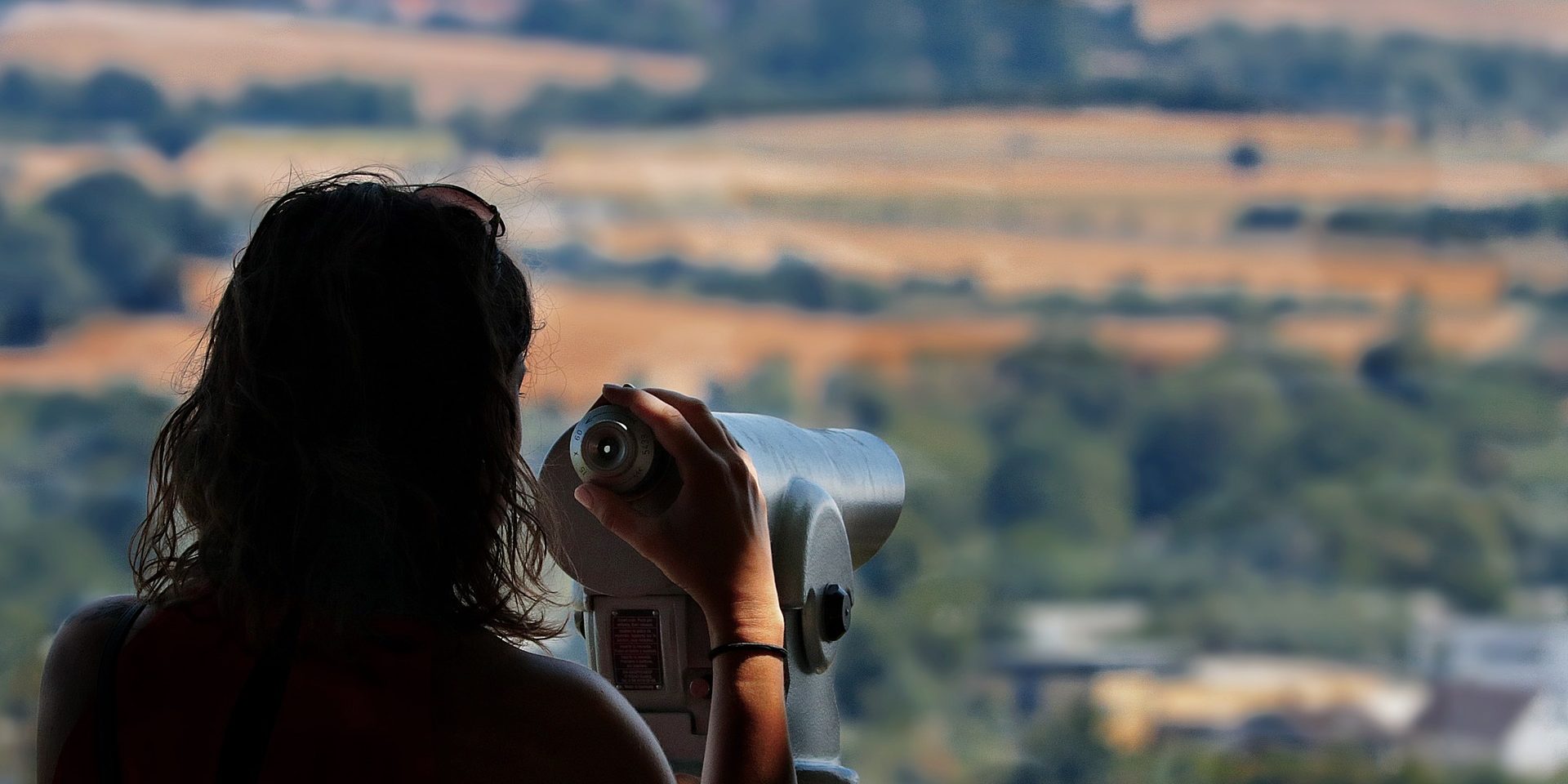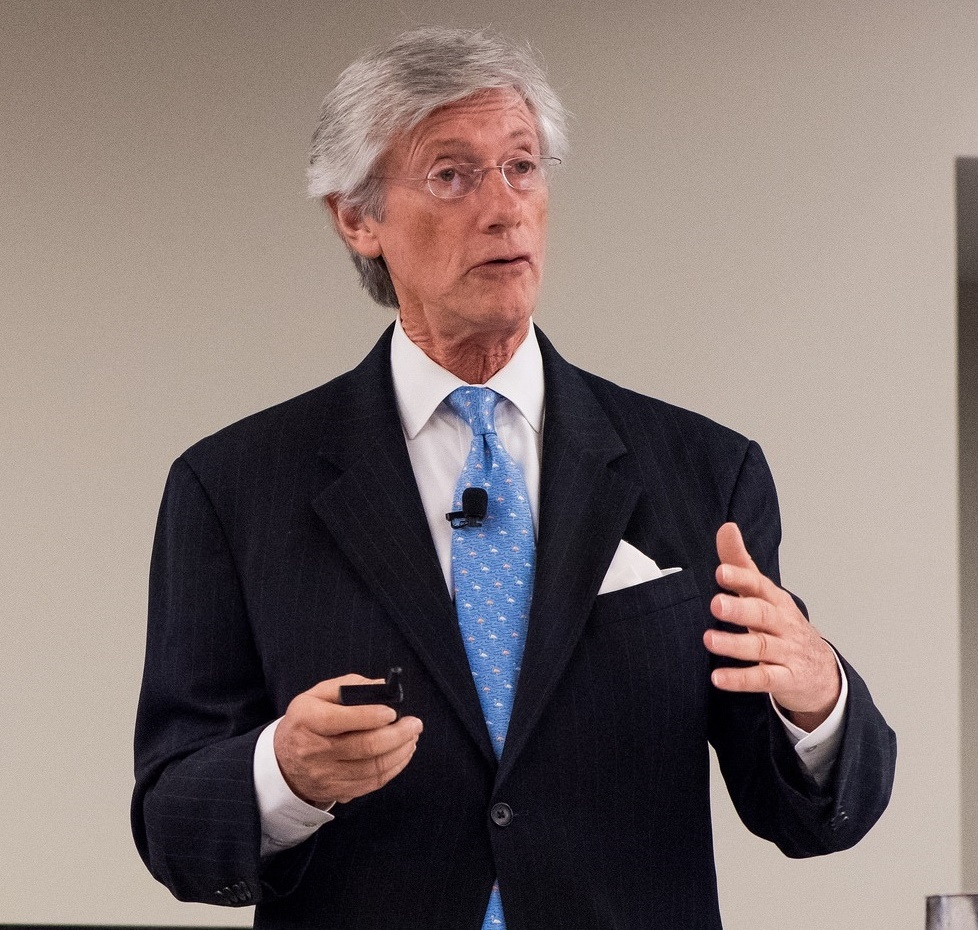By Kaitlin Dunn, Writer, Hospitality Sales & Marketing Association International (HSMAI)
As part of HSMAI Road to Recovery 2020, global economist Bernard Baumohl will present a live webinar on Sept. 29 that offers insight into factors impacting recovery in hospitality and tourism around the globe. Recently, Baumohl spoke with HSMAI about his presentation, including what goes into making his predictions.
FORECASTING FACTORS
“I think we have to clearly brace ourselves for the next couple of months,” Baumohl said. “Right now and for the next eight weeks, we are going to be dealing with the tragedy of coronavirus and a political circus that will lead up to the November elections. There’s this toxic combination for the consumer and for businesses, and it will continue to have a negative impact on the leisure and hospitality industry.”
Baumohl said that there are three main factors that will shape the U.S. economy at least through 2022: the path of the virus, emergency funding from Congress, and who wins the presidential election. During his presentation, Baumohl will go over each factor and what happens in different scenarios for each one.
The first factor depends on how much more the virus spreads, which rests a lot on when a vaccine is developed, how effective it is, and if people are willing to take it, Baumohl said. “The effectiveness is critically important, because you can’t fix the economy and certainly not the industry without first fixing the virus.”
The second factor is what comes out of Congress in terms of an emergency funding package. “It is crucial that there be a financial bridge available at least until the vaccine is distributed,” he said. “It is necessary to keep businesses and the unemployed financially whole until then. If we do not have a meaningful package, then a recession is certain.”
Baumohl added that it is important to note that the Federal Reserve has done everything it can to support the economy. “It is now on Congress and the fiscal package,” he said. “A financial vaccine is needed until we get a coronavirus vaccine.”
The third factor is who is elected president. “We have radically different personalities with profoundly different policy agendas,” Baumohl said. “I will show what we think will happen if Trump wins or if Biden wins, and how it will affect the economy. It’s a major factor and their policies will have a huge impact on how the hospitality industry recovers.”
Even after coronavirus is no longer an active health threat, the economic and business landscape will look very different than it did during the pre-COVID world. Baumohl will review the areas where he expects to see major changes, then finish with additional factors that could affect the economy, including the possibility of the virus mutating, the accumulating national debt, and the risk of an international war. “There are lots of tensions that can derail economic expansion that are more political,” Baumohl said. “There are many international threats out there.”
THE HOSPITALITY INDUSTRY
One of the signs that the hospitality and travel industries are not close to recovery is the mass layoffs that are still occurring. “If companies are still seeing massive layoffs as late as August, that means these companies still don’t see the light at the end of the tunnel,” Baumohl said. “If they were more confident at the outlook, we wouldn’t be seeing that. They aren’t convinced the economy will turn around and show a stronger recovery anytime soon, which is concerning.”
There is a lot at stake for the hospitality industry when it comes to who wins the presidency. “The industry needs fresh funding, and it matters if they will find it under Biden or Trump,” Baumohl said.
Baumohl said that overall he believes the leisure and hospitality industry will recover more slowly than the rest of the economy, as people likely will still be uncomfortable with gathering and taking trips. Much of this could depend on a vaccine becoming available, but even then, Baumohl said people will have concerns. “We have to be prepared to erase our business model and come up with new strategies in the aftermath of the virus,” Baumohl said. “There will be a lingering fear for many years of another pandemic. It came out of the blue, and it could happen again. That’s the scary part.”
CHANGING PREDICTIONS
Due to the ever-evolving state of the world, Baumohl and his colleagues have found themselves having to update their predictions at least once a month. “We’ve run out of erasers,” he joked, “because we have to keep making new assumptions. All the events that are happening are still very fluid. This is so unprecedented. We’ve never shut down the economy like this before, and now we’re trying to open it again without a vaccine. We find ourselves often having to change our predictions.”
The most difficult part of making a forecast is trying to guess how humans are going to react, Baumohl said. “You can’t predict human behavior based on math, so we will always be behind on that,” he said. “We can look at policy decisions, but we really have to dive into human insights such as when will people be more comfortable. That’s why we have to keep reforecasting.”
HSMAI will present “The Changing Economic & Business Landscape” at 2 p.m. EDT on Sept. 29. Register here.

